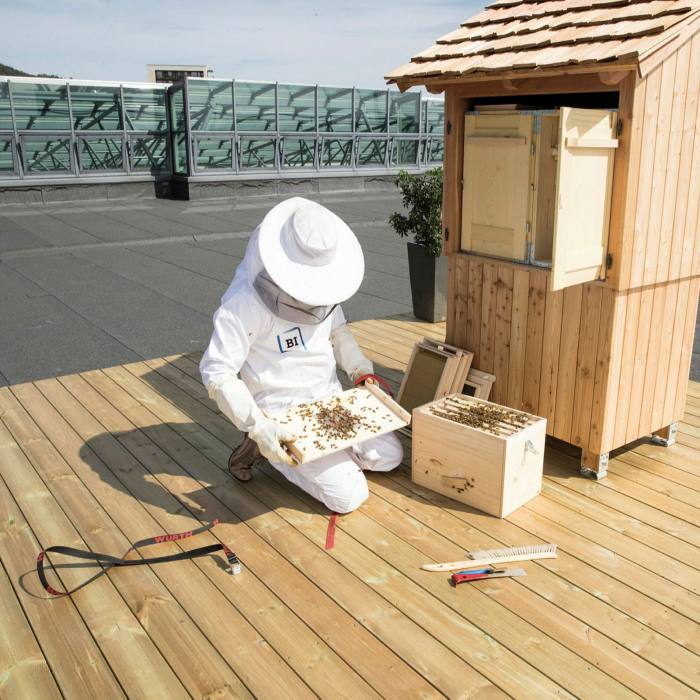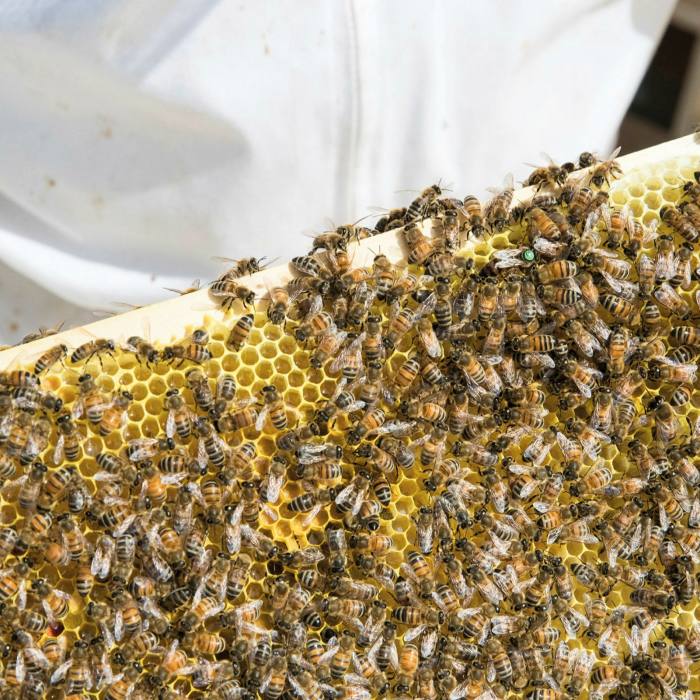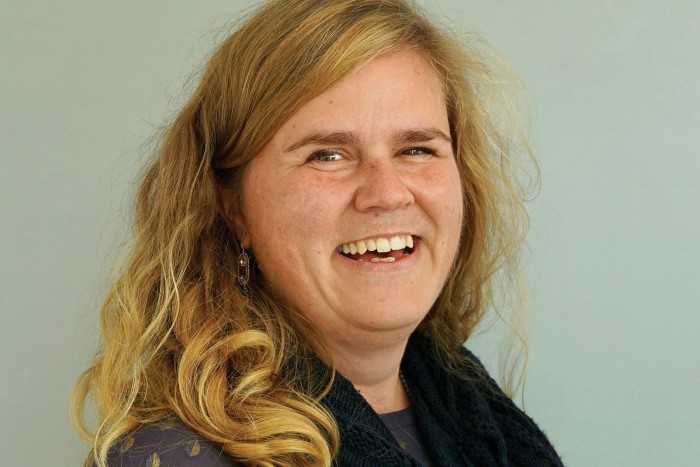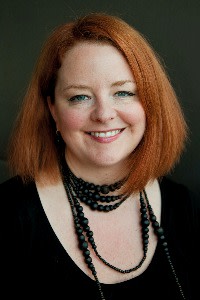It was not so prolonged in the past that Jaclyn Rosebrook-Collignon and her colleagues were being dismissed as the “hippies on the third floor”. But, around the 12 yrs that she has been head of sustainability and worldwide responsibility at Grenoble Ecole de Management (GEM) in France, she has observed her role alter from that of grassroots agitator to boardroom influencer.
“For quite a few years, people utilised to operate away from me when they saw me in the corridor,” claims Rosebrook-Collignon. “Now, pupils and school are coming to me and asking, what are we accomplishing to be far more sustainable and how can we go a lot quicker?”
Company schools’ preliminary reaction to the explosion of interest in environmental, social and governance (ESG) issues was a rethink of curricula, introducing relevant electives and programmes. Extra lately, they have been occupied revamping their campuses, putting in new waste selection units, solar panels, wind turbines and even bee colonies, as deans try to practise what they preach.
But, now, states Rosebrook-Collignon, organization schools need to go further than unconnected advertisement hoc initiatives, bolt-on programs and compliance checklists. To truly “walk the talk”, they have to undergo “whole organisation transformation”, she argues.
College on a mission
For GEM, that has meant adopting société à mission position. Like profit corporations in the US, sociétés à mission are outlined by law as organisations that intention to make a positive difference to society and the ecosystem. So considerably, some 100 organisations — mainly significant firms — have assumed this status in France. Grenoble is the first business school to acquire the step.
What this usually means in practice, according to Rosebrook-Collignon, is that every little thing the university does has to be dependable with 5 commitments — together with gender equality and turning into a zero-squander university — that are connected to one or a lot more of the UN’s Sustainable Growth Ambitions (SDGs). Retaining société à mission position requires full disclosure of the school’s functions, checked by an exterior audit each individual two yrs.
“An overwhelming the greater part of our workers and students want to lead positively to society, but to permit them to do that requires cultural transformation and true, strategic, prime-down motion,” states Rosebrook-Collignon. “This new status indicates every single portion of the business university have to re-consider its once-a-year aims by means of this prism. But it also increases the visibility of what we are delivering and the stress on us to do what we say we’re carrying out. Our stakeholders, and notably our pupils and college, are hunting for that transparency and accountability.”
Other schools have also turned to the SDGs to frame their sustainability efforts. BI Norwegian Company University has chosen SDG 13, local climate action, as a priority (together with SDG 5, gender equality) and has set out to halve its greenhouse gasoline emissions by 2030. To that conclusion, it is getting measures that vary from installing photo voltaic panels and working with seawater cooling at its Trondheim and Stavanger campuses to serving more vegetarian and locally sourced food stuff in its cafeterias and reupholstering chairs rather of shopping for new.


“To accomplish our climate goal, we require to make significant variations to how we work,” states BI president Inge Jan Henjesand. “We’re properly beneath way on a lot of dimensions, such as chopping solitary-use plastics, growing recycling costs and chopping carbon-intense food items. The very last year has also noticed a substantial lower in enterprise vacation. But we want to keep on this momentum.”
Carbon targets
There is vast variation in schools’ attempts to tackle local weather alter. When the FT surveyed extra than 140 foremost enterprise colleges in 2020, much less than a third reported that starting to be carbon neutral was an objective. Just in excess of a dozen had set deadlines of 2030 or earlier, even though other folks gave target dates as distant as 2060.
Between the extra formidable, nowadays, is Haas School of Business. It is functioning with its dad or mum institution, the University of California, Berkeley, to be carbon neutral by 2025, for equally immediate emissions and oblique emissions arising from electric power eaten (its target for indirect emissions in other places in its price chain — so-identified as Scope 3 emissions — is 2050). Two of the 4 buildings on its campus are certified as zero-waste — outlined as diverting much more than 90 for every cent of refuse from landfill.
Kogod College of Small business at American College in Washington DC claims it has reached its focus on of being carbon neutral presently, right after pledging in 2010 to cut its emissions to net zero within a 10 years. The university and business university have designed structures additional economical, promoted eco-friendly behaviour between team and students — from switching off lights to transforming commuting behavior — set up 2,500 photo voltaic panels on campus and offset international journey emissions by buying electrical power-efficient stoves for rural families in Kenya.
In April 2021, American launched a new five-calendar year sustainability strategy which, states Megan Litke, director of sustainability programmes, is built to transfer “beyond carbon emissions and into the broader sustainability difficulties and how they effects our communities”.
Variety to start with
A identical social consciousness informs other schools’ techniques. At HEC Paris, Marcelle Laliberté states the essential to acquiring her plans as main variety officer is to consider a holistic method. “It’s our perform as a company university to intersect variety with investigation, instructing and action,” she says. Initiatives contain a programme termed Stand Up, operate by HEC’s Innovation & Entrepreneurship Center, which is aimed at women from disadvantaged backgrounds.

Likewise, the Paris department of Inventive Destruction Lab (CDL) — a seed-stage programme co-led by HEC entrepreneurship professor Thomas Astebro for engineering start out-ups — tries to promote a fairer gender stability in the sector. Candidates are questioned to supply demographic information, which includes gender, which permits CDL to judge its good results. The gender mix between business owners admitted to the programme is also monitored with a perspective to identifying any bias from woman-launched companies.
Astebro says its software-scoring mechanism indicates 45 per cent of CDL-Paris’s ventures have a feminine founder, although just about 30 for every cent of the programme’s mentors are ladies. To set this into context, corporations with only feminine founders accounted for just 2.2 per cent of world-wide enterprise funding in the initially 8 months of 2021, in accordance to start-up system Crunchbase.
“That purely natural reflex — wherever we talk to ourselves concerns like, are we thinking about gender or are we thinking about disabilities? — is significantly far more dominant than it was even 3 several years back,” claims Laliberté. “There’s a aware recognition now of integrating diversity into the actions we get from the outset, as opposed to [treating] it as an afterthought.”
The winners of the FT Dependable Organization Schooling Awards 2022 will be introduced on January 19




